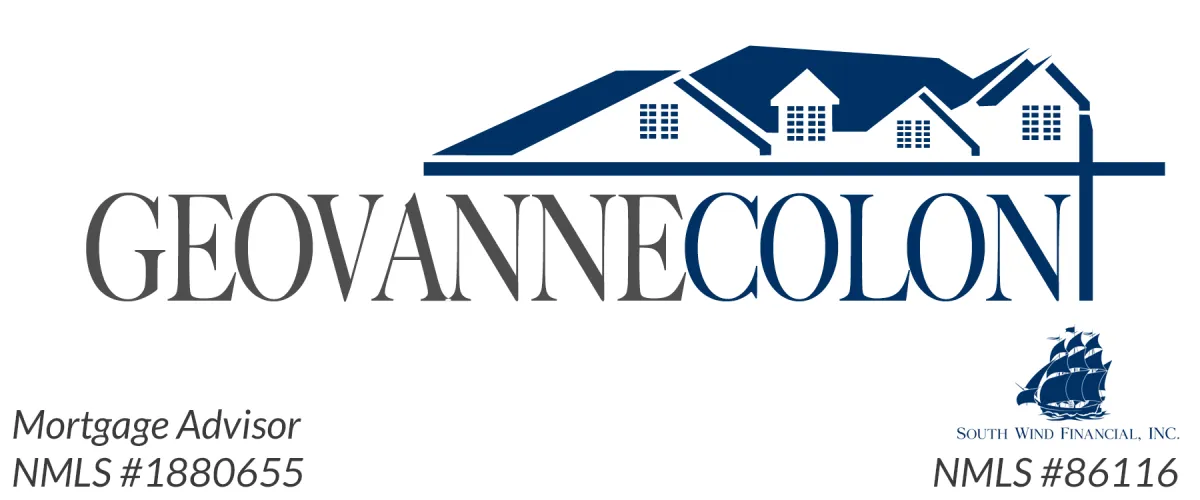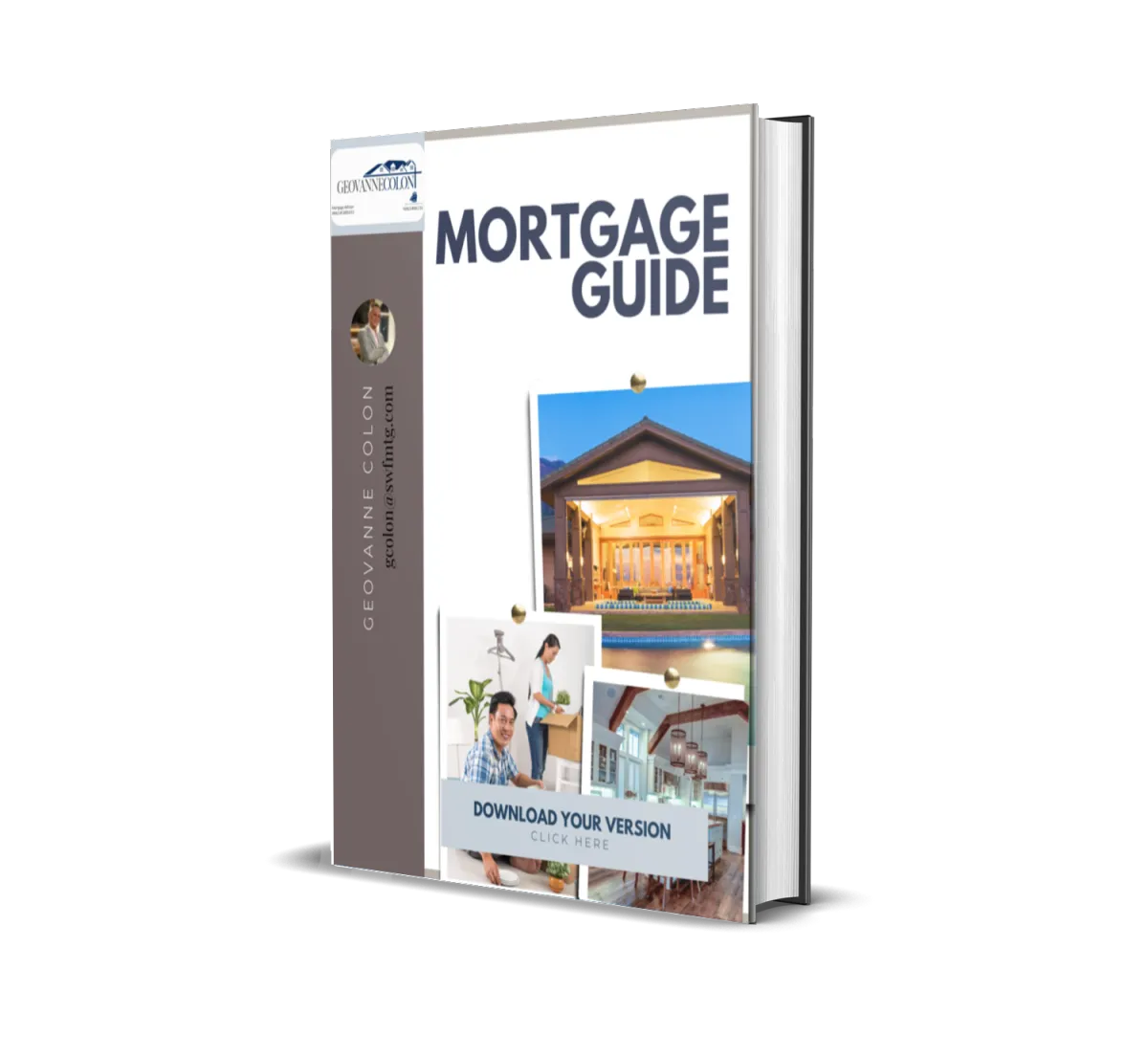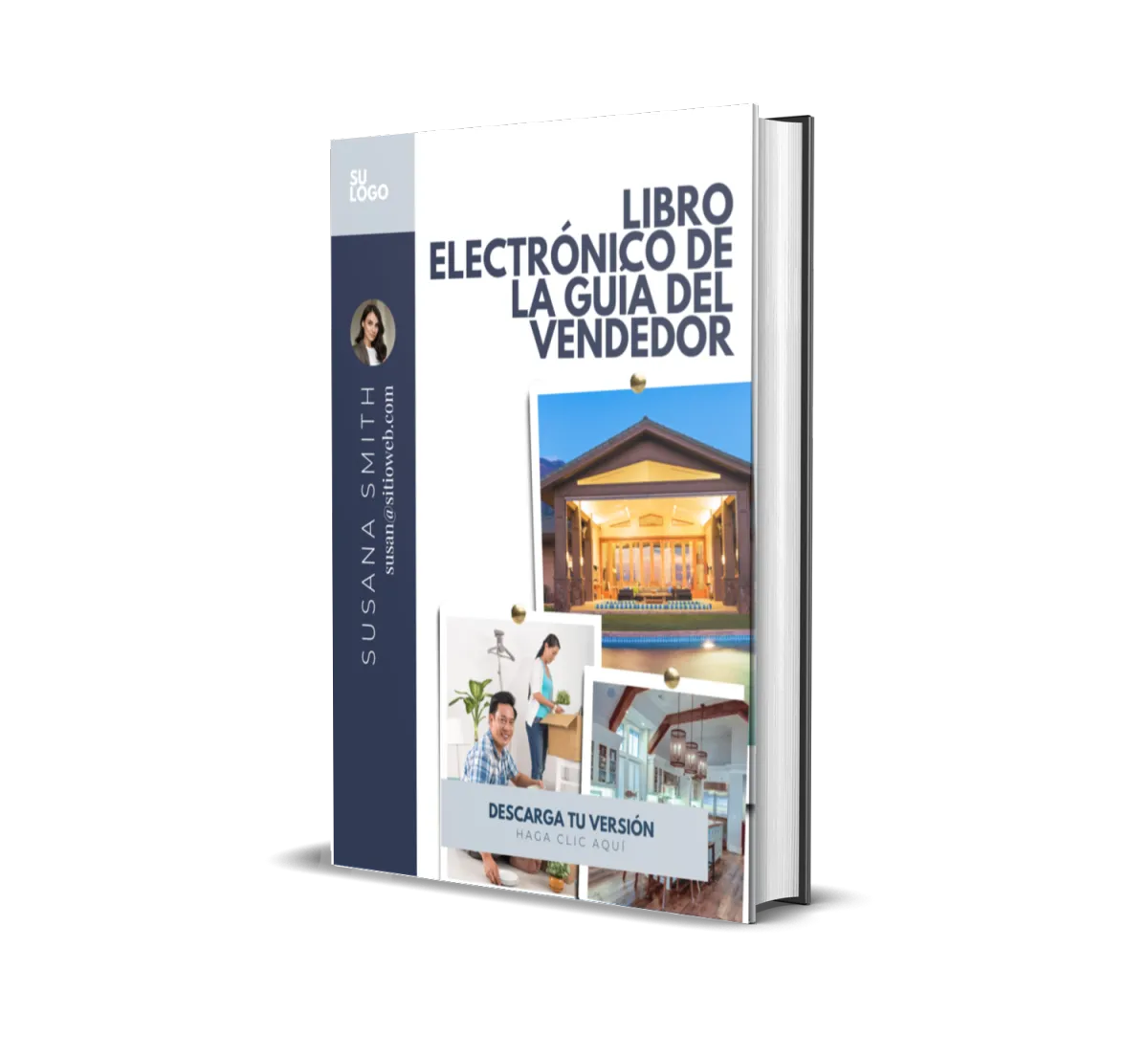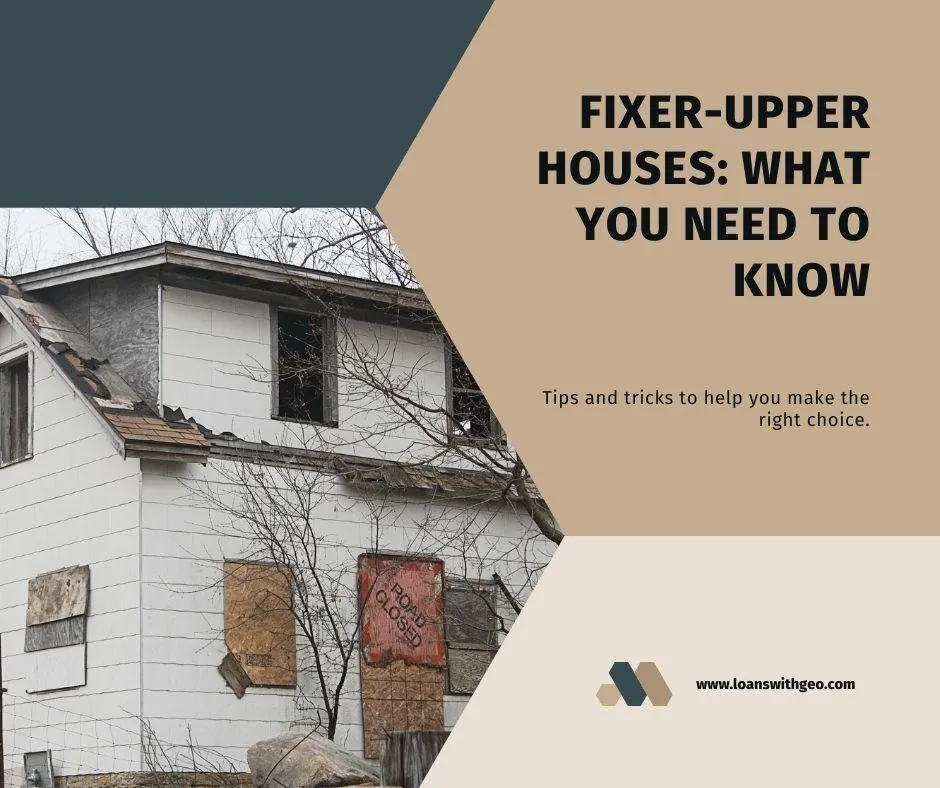617-821-1757

Looking For FHA Loans?
Apply today for the mortgage
that’s right for you.
Unlock Low Rates with Ease
Discover how Geovanne Colon simplifies the mortgage qualification process for you.
Apply today for the mortgage
that’s right for you.
Unlock Low Rates with Ease
Discover how Geovanne Colon simplifies the mortgage qualification process for you.
Low Rate.
Zero Hassles.
Get a free quote
Low Rate.
Zero Hassles.
Get a free quote
Feel Overwhelmed by Mortgage Choices? I Understand.

Feeling Lost in a Sea of Mortgage Options? Finding the right mortgage can be a daunting task. With an overwhelming array of rates, terms, and lenders, it's easy to feel lost and uncertain. Are you worried about high interest rates, hidden fees, or choosing a mortgage that doesn't fit your long-term goals?
Why Choose Us?
Ready to Start?
Your perfect home won't wait forever, and neither should you. Begin your journey today with a loan officer that puts you first. By choosing us, you're not just getting a loan – you're gaining a lifelong partner in all your mortgage endeavors.
Start your no-obligation consultation now and join the myriad of satisfied homeowners who have unlocked the doors to their future with ease and confidence. Dive into our world of simplified lending, and let's turn your homeownership dreams into reality.
Welcome Home!
Loan Programs We Help With
Seamless Solutions, Limitless Possibilities
Residential Mortgage Programs
1. FHA Loans
Federal Housing Administration (FHA) Loans
• Suitable for first-time homebuyers
• Low down payment options (as low as 3.5%)
• Requires mortgage insurance
• Lenient credit scores accepted
• 203K Renovation Loans Available
2. Conventional Loans
Conventional Mortgage Loans
• Preferred by borrowers with stronger credit
• Down payments as low as 3%
• Available in fixed or adjustable rates
• No government insurance premiums
• HomeStyle Renovation Loan Available
3. USDA Loans
US Department of Agriculture (USDA) Loans
• Ideal for eligible rural and suburban homebuyers
• Zero down payment
• Low insurance costs
• Income and geographic restrictions apply
4. VA Loans
Veterans Affairs (VA) Mortgage Loans
• Exclusively for veterans, active-duty service members, and eligible spouses
• No down payment required
• No mortgage insurance needed
• Competitive interest rates
A. ITIN - No Social Security Loans
• For borrowers with an Individual Tax Identification Number
• Lacks Social Security number
B. 1099 Loans
• Designed for independent contractors or self-employed individuals
• Based on the 1099 tax form income
C. VOE Only
• Verification of employment as the primary source of income validation
D. Asset Depletion
• Utilizes borrower's liquid assets for qualification purposes
E. Bank Statement Loans
• Income based on bank statements, suitable for self-employed borrowers
F. DSCR - Investor No Income Verification
• For real estate investors, using property cash flow as a qualification metric
Non-Qualified Mortgage (Non-QM) Loans
Loan Programs We Help With
Seamless Solutions, Limitless Possibilities
Residential Mortgage Programs
1. FHA Loans
Federal Housing Administration (FHA) Loans
• Suitable for first-time homebuyers
• Low down payment options (as low as 3.5%)
• Requires mortgage insurance
• Lenient credit scores accepted
2. Conventional Loans
Conventional Mortgage Loans
• Preferred by borrowers with stronger credit
• Down payments as low as 3%
• Available in fixed or adjustable rates
• No government insurance premiums
3. USDA Loans
US Department of Agriculture (USDA) Loans
• Ideal for eligible rural and suburban homebuyers
• Zero down payment
• Low insurance costs
• Income and geographic restrictions apply
4. VA Loans
Veterans Affairs (VA) Loans
• Exclusively for veterans, active-duty service members, and eligible spouses
• No down payment required
• No mortgage insurance needed
• Competitive interest rates
Non-Qualified Mortgage (Non-QM) Loans
A. ITIN - No Social Security Loans
• For borrowers with an Individual Tax Identification Number
• Lacks Social Security number
B. 1099 Loans
• Designed for independent contractors or self-employed individuals
• Based on the 1099 tax form income
C. VOE Only
• Verification of employment as the primary source of income validation
D. Asset Depletion
• Utilizes borrower's liquid assets for qualification purposes
E. Bank Statement Loans
• Income based on bank statements, suitable for self-employed borrowers
F. DSCR - Investor No Income Verification
• For real estate investors, using property cash flow as a qualification metric
More Loan Programs
Foreign National Loans
• Tailored for non-U.S. citizens looking to buy investment or vacation properties in the U.S.
• May require larger down payments and proof of foreign income.
Jumbo Loans
• Exceed the loan limits set by the FHFA for conventional mortgages.
• Requires non-traditional underwriting to accommodate the larger loan amount.
Real Estate Investor Loans
• Customized loans for experienced real estate investors.
• Can include options for multiple properties under a single loan (blanket loans).
Non-Warrantable Condo Loans
• For condos that do not meet specific requirements by Fannie Mae or Freddie Mac.
• Necessary for financing condos in buildings with more owner-occupied spaces or litigation issues.
Credit Event Loans
• Available to borrowers with significant derogatory credit events, such as bankruptcy or foreclosure.
• Typically requires a higher down payment or additional reserves.
Hard Money/Private Lending
•For immediate or short-term financing needs
• Higher-cost, short-term loans
• Asset-based lending criteria
• Terms typically around 12 months
Fix and Flips
• Loans crafted for renovating and flipping properties
Commercial Loans
•Tailored for businesses to purchase or refinance commercial property
• Offering solutions for office buildings, retail spaces, and industrial properties
• Custom terms to align with business strategies
New Construction
• Financing for ground-up construction projects
Small Business Administration (SBA) Loans
• Federally backed to help start or grow a business
• Lower down payments
• Longer repayment terms
• Focused on small businesses
Bridge Loans
• Short-term loans to bridge the gap during transitional periods
Down Payment Assistance Programs
• Provides prospective homebuyers with loans or grants that they can use toward the down payment for a house.
• Most down payment assistance programs are designed for first-time homebuyers and offered by various institutions, such as government, non-profits, or lenders.
More Loan Programs
Foreign National Loans
• Tailored for non-U.S. citizens looking to buy investment or vacation properties in the U.S.
• May require larger down payments and proof of foreign income.
Jumbo Loans
• Exceed the loan limits set by the FHFA for conventional mortgages.
• Requires non-traditional underwriting to accommodate the larger loan amount.
Real Estate Investor Loans
• Customized loans for experienced real estate investors.
• Can include options for multiple properties under a single loan (blanket loans).
Non-Warrantable Condo Loans
• For condos that do not meet specific requirements by Fannie Mae or Freddie Mac.
• Necessary for financing condos in buildings with more owner-occupied spaces or litigation issues.
Credit Event Loans
• Available to borrowers with significant derogatory credit events, such as bankruptcy or foreclosure.
• Typically requires a higher down payment or additional reserves.
Hard Money/Private Lending
•For immediate or short-term financing needs
• Higher-cost, short-term loans
• Asset-based lending criteria
• Terms typically around 12 months
Fix and Flips
• Loans crafted for renovating and flipping properties
Commercial Loans
•Tailored for businesses to purchase or refinance commercial property
• Offering solutions for office buildings, retail spaces, and industrial properties
• Custom terms to align with business strategies
New Construction
• Financing for ground-up construction projects
Small Business Administration (SBA) Loans
• Federally backed to help start or grow a business
• Lower down payments
• Longer repayment terms
• Focused on small businesses
Bridge Loans
• Short-term loans to bridge the gap during transitional periods
Down Payment Assistance Programs
• Provides prospective homebuyers with loans or grants that they can use toward the down payment for a house.
• Most down payment assistance programs are designed for first-time homebuyers and offered by various institutions, such as government, non-profits, or lenders.
Who We Help?
Seamless Solutions, Limitless Possibilities
First Time Home Buyers
We know how overwhelming the process of buying a home is, especially if it is the first time that you're doing it. We will work closely with you to explain the process, to protect you from making mistakes that could cost you later, and to ensure that your mortgage gets approved and you get the home that you are so excited to be buying!
Move Up and Second Home Buyers
Buying a new home when you currently own one has it's own unique set of concerns. We can answer all of your questions about how to qualify and purchase a home when you already own one whether you're buying a new primary residence or a second vacation home.
Refinancing Home Owners
If you already own your home but you are looking to refinance to either save money with a lower interest rate or possibly take some cash out for any reason, we can help you with that. We also can show you how to make sure you are structuring your new financing to get the best deal possible.
Investment Buyers
If you're buying real estate for investment purposes, we can help you secure low rate financing to maximize your ROI.
Seniors Seeking Reverse Mortgages
If you are 62 years or older and are looking for options to stay in your home without a mortgage payment or to access your home's equity while still living there, I can answer your questions about reverse mortgages so you can decide if they are right for you.
What My Clients Say
Ready to Find Your Perfect Mortgage?
Are You A First Time Home Buyer?
Download Our Free Home Buyer's Guide

Other Resources You'll Find Helpful

Buyer's Guide for Real Estate Agent
(English)

Buyer's Guide for Real Estate Agent
(Spanish)

Seller's Guide for Real Estate Agent
(English)

Seller's Guide for Real Estate Agent
(Spanish)
Calculate Your Mortgage Payment
Our Blogs

Considering Buying a Fixer-Upper House? Here's What You Need to Know
Considering Buying a Fixer-Upper House? Here's What You Need to Know
Are you thinking about taking on the challenge of purchasing a fixer-upper home? While it can be an exciting venture that allows you to put your own stamp on a property, there are several important factors to consider before diving into such a project.

Pros and Cons of Buying a Fixer-Upper
Advantages of Purchasing a Fixer-Upper as a Home Buyer
One of the main advantages of buying a house that needs or fixer-upper is the potential for customization. You have the opportunity to renovate and design the home according to your preferences, creating your dream home. Additionally, fixer-uppers are often priced lower than move-in ready homes, allowing for potential savings and equity growth.
Drawbacks of Buying a Fixer-Upper:
On the other hand, purchasing a fixer-upper comes with its share of challenges. Renovation projects can be time-consuming and costly, requiring a significant investment of both time and money. Furthermore, unexpected issues may arise during the renovation process, adding to the complexity of the project. FHA also has a guidelines that fixer uppers must be sold after 91 days and require 2 appraisals if sold in between 91 days and 180 days from acquisition and the resale value is 100% or over. Fannie Mae or Freddie mac are far more lenient on guidelines than the Federal Housing Administration.
Factors to Consider Before Buying
Before buying a fixer-upper, it is crucial to assess your budget, renovation skills, and available time. Consider the scope of the project and whether you have the resources to see it through. Additionally, research the neighborhood and market trends to ensure that the investment will be worthwhile in the long run.
Financing Options for Fixer-Upper Homes
Exploring Mortgage Options
When it comes to financing a fixer-upper, there are several options to consider. Traditional mortgages, such as Fha, VA, Conventional loans, Hard Money or Private Lending can be used for purchasing a fixer-upper. These loans provide funds for buying the home and may include additional funds for renovations. Different options are available to you when keeping the home as a primary residence and first-time home buyer.
Understanding Renovation Loans
Another financing option for fixer-upper homes is renovation loans, such as Homestyle or FHA 203(k) loans. These loans allow you to borrow money based on the post-renovation value of the property, providing the funds needed to complete the renovation project.
Budgeting for Renovation Costs
Before starting the renovation, it is essential to create a detailed budget that outlines the costs involved in the project. Factor in materials, labor, permits, and contingency funds to account for any unexpected expenses that may arise during the renovation process.
Importance of Home Inspection before Purchase
Role of a Home Inspector
Prior to purchasing a fixer-upper, a thorough home inspection is essential to identify any existing issues in the property. A qualified home inspector can assess the condition of the home and alert you to potential problems that may require repairs.
Identifying Key Issues during Inspection
During the home inspection, the inspector will look for structural issues, water damage, electrical problems, and other key issues that may impact the safety and livability of the property. Identifying these issues early on can help you make informed decisions about the purchase.
Negotiating Repairs Based on Inspection Findings
After receiving the inspection report, you can negotiate with the seller to address any necessary repairs or issues discovered during the inspection. This step is crucial in ensuring that you are aware of the property's condition and can budget for any upcoming repair costs.
Finding Reliable Contractors for Renovation
Steps to Vet and Hire a Contractor
When undertaking a renovation project, finding a reliable contractor is essential. Take the time to vet potential contractors by checking references, reviewing past projects, and obtaining multiple bids. Hiring a qualified and experienced contractor can help ensure that the renovation is completed successfully.
Communicating Expectations with Contractors
Clear communication with your contractor is key to a successful renovation. Clearly outline your expectations, timeline, and budget constraints to avoid misunderstandings and delays. Regular updates and open dialogue with the contractor can help keep the project on track.
Avoiding Common Pitfalls in Contractor Selection
When selecting a contractor, be wary of red flags such as lack of insurance, unprofessional behavior, or unrealistic promises. Avoiding these common pitfalls can help you find a contractor who is reliable, communicative, and capable of delivering quality workmanship.
Tips for Renovating a Fixer-Upper Home
Creating a Renovation Plan
Before starting the renovation, develop a detailed plan that outlines the scope of work, timeline, and budget for the project. Having a clear plan in place can help you stay organized and focused throughout the renovation process.
Managing Renovation Costs Effectively
To ensure that the renovation stays within budget, track expenses closely and prioritize necessary repairs and upgrades. Look for cost-effective solutions and consider DIY options for tasks that you can handle yourself to save on labor costs.
Ensuring Quality Workmanship during Renovation
Quality workmanship is essential for a successful renovation. Ensure that the contractors you hire are skilled and experienced in the specific tasks required for your project. Regularly inspect the work being done to ensure that it meets your standards and specifications.
Home improvement projects can be a great way to increase the value of your home and make it your own. But what if you're in the market to purchase a home that needs some work? Buying a fixer-upper can be a great option, especially if you're looking to get more for your money. There are several loan options available to help you with the cost of renovations, including VA loans, FHA loans, and the loanswithgeo loan. Before you make an offer on a home in need of home improvement, be sure to hire a home inspector to assess the home value and any potential issues. Finally, don't forget to consider the home equity that you can build by fixing up a home and the potential return on investment when it comes time to sell.
If you're in the market for your first home, consider looking for a fixer-upper to make your own. With the right home loan and a bit of sweat equity, you can turn an older home into the home of your dreams. Whether you're shopping for a fixer-upper or simply a home in good condition, remember to explore all of your loan options to ensure you're getting the best deal. Take the time to research the cost of renovations and make sure you're prepared for the work involved in home renovation. And remember, the type of home you buy is not as important as the life you live in the home.
Whether you're looking to buy a home that needs home improvement or a home that needs some work, don't be afraid to take on a fixer-upper. With the right loan options and some dedication, you can turn a fixer-upper into the home of your dreams. So why wait? Start exploring your home loan and home renovation options today and take the first step towards buying a fixer-upper and creating a home that truly reflects your style and personality. Your future home is waiting for you! Contact us today to book a free mortgage consultation!
Contact us for a free mortgage/real estate consultation today!
Start your Fixer-Upper-Journey

Considering Buying a Fixer-Upper House? Here's What You Need to Know
Considering Buying a Fixer-Upper House? Here's What You Need to Know
Are you thinking about taking on the challenge of purchasing a fixer-upper home? While it can be an exciting venture that allows you to put your own stamp on a property, there are several important factors to consider before diving into such a project.

Pros and Cons of Buying a Fixer-Upper
Advantages of Purchasing a Fixer-Upper as a Home Buyer
One of the main advantages of buying a house that needs or fixer-upper is the potential for customization. You have the opportunity to renovate and design the home according to your preferences, creating your dream home. Additionally, fixer-uppers are often priced lower than move-in ready homes, allowing for potential savings and equity growth.
Drawbacks of Buying a Fixer-Upper:
On the other hand, purchasing a fixer-upper comes with its share of challenges. Renovation projects can be time-consuming and costly, requiring a significant investment of both time and money. Furthermore, unexpected issues may arise during the renovation process, adding to the complexity of the project. FHA also has a guidelines that fixer uppers must be sold after 91 days and require 2 appraisals if sold in between 91 days and 180 days from acquisition and the resale value is 100% or over. Fannie Mae or Freddie mac are far more lenient on guidelines than the Federal Housing Administration.
Factors to Consider Before Buying
Before buying a fixer-upper, it is crucial to assess your budget, renovation skills, and available time. Consider the scope of the project and whether you have the resources to see it through. Additionally, research the neighborhood and market trends to ensure that the investment will be worthwhile in the long run.
Financing Options for Fixer-Upper Homes
Exploring Mortgage Options
When it comes to financing a fixer-upper, there are several options to consider. Traditional mortgages, such as Fha, VA, Conventional loans, Hard Money or Private Lending can be used for purchasing a fixer-upper. These loans provide funds for buying the home and may include additional funds for renovations. Different options are available to you when keeping the home as a primary residence and first-time home buyer.
Understanding Renovation Loans
Another financing option for fixer-upper homes is renovation loans, such as Homestyle or FHA 203(k) loans. These loans allow you to borrow money based on the post-renovation value of the property, providing the funds needed to complete the renovation project.
Budgeting for Renovation Costs
Before starting the renovation, it is essential to create a detailed budget that outlines the costs involved in the project. Factor in materials, labor, permits, and contingency funds to account for any unexpected expenses that may arise during the renovation process.
Importance of Home Inspection before Purchase
Role of a Home Inspector
Prior to purchasing a fixer-upper, a thorough home inspection is essential to identify any existing issues in the property. A qualified home inspector can assess the condition of the home and alert you to potential problems that may require repairs.
Identifying Key Issues during Inspection
During the home inspection, the inspector will look for structural issues, water damage, electrical problems, and other key issues that may impact the safety and livability of the property. Identifying these issues early on can help you make informed decisions about the purchase.
Negotiating Repairs Based on Inspection Findings
After receiving the inspection report, you can negotiate with the seller to address any necessary repairs or issues discovered during the inspection. This step is crucial in ensuring that you are aware of the property's condition and can budget for any upcoming repair costs.
Finding Reliable Contractors for Renovation
Steps to Vet and Hire a Contractor
When undertaking a renovation project, finding a reliable contractor is essential. Take the time to vet potential contractors by checking references, reviewing past projects, and obtaining multiple bids. Hiring a qualified and experienced contractor can help ensure that the renovation is completed successfully.
Communicating Expectations with Contractors
Clear communication with your contractor is key to a successful renovation. Clearly outline your expectations, timeline, and budget constraints to avoid misunderstandings and delays. Regular updates and open dialogue with the contractor can help keep the project on track.
Avoiding Common Pitfalls in Contractor Selection
When selecting a contractor, be wary of red flags such as lack of insurance, unprofessional behavior, or unrealistic promises. Avoiding these common pitfalls can help you find a contractor who is reliable, communicative, and capable of delivering quality workmanship.
Tips for Renovating a Fixer-Upper Home
Creating a Renovation Plan
Before starting the renovation, develop a detailed plan that outlines the scope of work, timeline, and budget for the project. Having a clear plan in place can help you stay organized and focused throughout the renovation process.
Managing Renovation Costs Effectively
To ensure that the renovation stays within budget, track expenses closely and prioritize necessary repairs and upgrades. Look for cost-effective solutions and consider DIY options for tasks that you can handle yourself to save on labor costs.
Ensuring Quality Workmanship during Renovation
Quality workmanship is essential for a successful renovation. Ensure that the contractors you hire are skilled and experienced in the specific tasks required for your project. Regularly inspect the work being done to ensure that it meets your standards and specifications.
Home improvement projects can be a great way to increase the value of your home and make it your own. But what if you're in the market to purchase a home that needs some work? Buying a fixer-upper can be a great option, especially if you're looking to get more for your money. There are several loan options available to help you with the cost of renovations, including VA loans, FHA loans, and the loanswithgeo loan. Before you make an offer on a home in need of home improvement, be sure to hire a home inspector to assess the home value and any potential issues. Finally, don't forget to consider the home equity that you can build by fixing up a home and the potential return on investment when it comes time to sell.
If you're in the market for your first home, consider looking for a fixer-upper to make your own. With the right home loan and a bit of sweat equity, you can turn an older home into the home of your dreams. Whether you're shopping for a fixer-upper or simply a home in good condition, remember to explore all of your loan options to ensure you're getting the best deal. Take the time to research the cost of renovations and make sure you're prepared for the work involved in home renovation. And remember, the type of home you buy is not as important as the life you live in the home.

